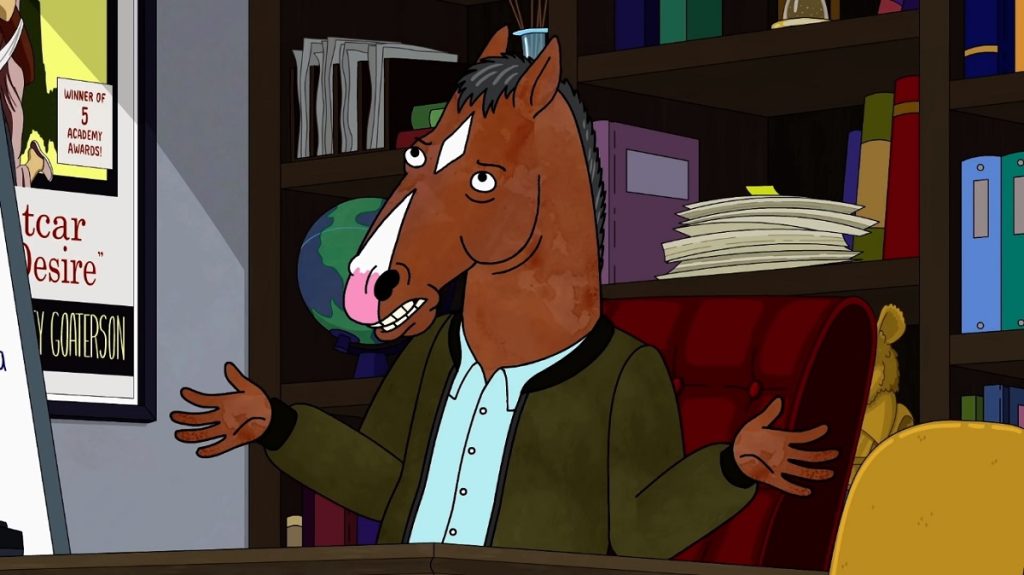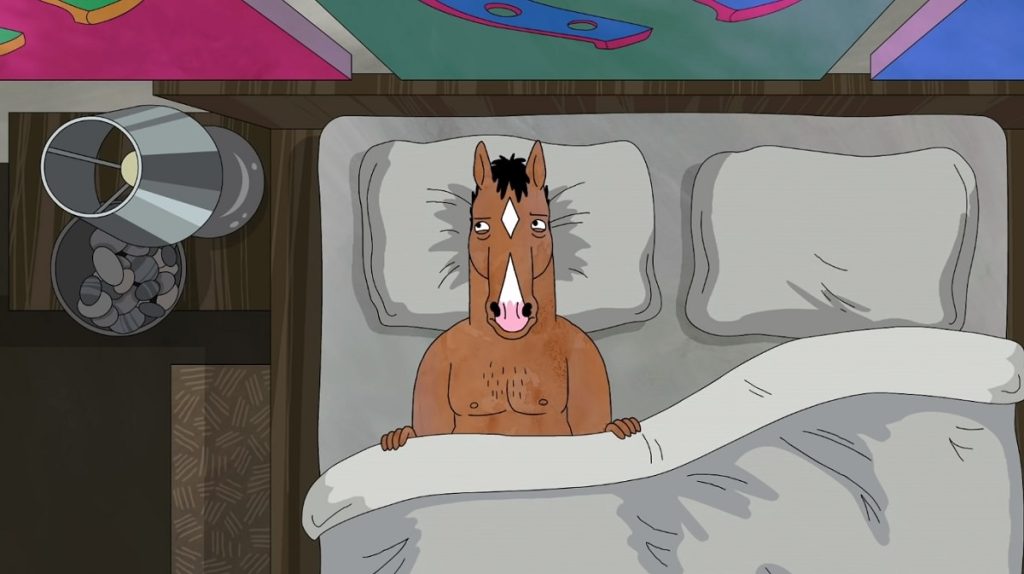BoJack Horseman, the popular adult animated series that aired its final season in 2020, left many fans saddened by its cancellation. The show, centering on a former horse actor cruising life in Hollywood, garnered a dedicated fan base thanks to its mix of humor, character depth, and exploration of mental health themes. The decision to end the series prompted questions among viewers about why such a well-loved and innovative show had to conclude.
This article aims to explore the potential factors behind BoJack Horseman’s cancellation, considering creative choices, business considerations, and other aspects that may have influenced its unexpected end.
Netflix’s Early Approach to Original Programming
Netflix took a risk with its early strategy by committing to multiple seasons before a show premiered. This approach meant believing in a show’s long-term potential, even if it didn’t immediately attract a large audience. Despite challenges at the start, this tactic proved successful for shows like BoJack Horseman, which evolved from a struggling series to a cultural phenomenon.
Initially met with a lukewarm reception, BoJack Horseman received continued support from Netflix, allowing it to grow a dedicated fan base. By its third season, the show had garnered critical acclaim for its thoughtful portrayal of mental health, sharp Hollywood satire, and complex character development.

Netflix’s Shifting Strategy
As BoJack Horseman was reaching its peak, Netflix was changing its approach. With more competition from other streaming services and the risk of losing licensed content, Netflix started focusing on producing a lot more original shows quickly. This shift meant they had to work with tighter budgets, make faster decisions based on viewer numbers, and be more willing to cancel shows that weren’t doing well.
Instead of nurturing unique shows like BoJack Horseman, Netflix began flooding its platform with a wide variety of content to appeal to a larger audience. While this strategy broadened Netflix’s offerings, it also meant less patience and creative freedom for shows to grow and innovate like BoJack Horseman did.
The Cancellation That Marked the End of an Era
While BoJack Horseman survived this transition for several seasons, its sixth season in 2020 would be its last. The show’s creator, Raphael Bob-Waksberg, revealed that the decision to end the series came from Netflix, not from him, though he respected the business rationale behind the decision and was given enough notice to craft a satisfying conclusion.
With the cancellation of BoJack Horseman, Netflix signaled a departure from its early willingness to nurture ambitious, niche shows over multiple seasons. In today’s crowded streaming landscape, where content is king and viewer attention is increasingly fragmented, it’s unlikely that a show like BoJack would receive the same patience and creative leeway to find its footing.
Was BoJack Horseman Based On Someone?
In a 2015 interview, BoJack Horseman creator Raphael Bob-Waksberg said that the character is fictional and not based on any one person. However, some have speculated that certain real-life figures may have inspired aspects of BoJack’s character.
One theory suggests that Bob Saget, known for his mental health struggles and trajectory from sitcom stardom, could be a basis for BoJack. Others have drawn parallels to Charlie Sheen’s public battles with substance abuse and controversial behavior, or Matthew Broderick’s acclaimed performance as a washed-up actor in the film The Producers.
Ultimately, Bob-Waksberg has stated that BoJack is not directly modeled after any single actor, but rather represents a stereotypical washed-up Hollywood celebrity archetype.
What is the Best Season of Bojack Horseman?

BoJack Horseman’s unique mix of dark humor and profound introspection echoed with viewers, distinguishing it from traditional animated series. Its third season stands out as the series’ peak, celebrated for its standout episodes like “Fish Out of Water” and “That’s Too Much, Man!” These episodes showcased innovative storytelling that expanded the boundaries of animated content. Particularly, the unforgettable “Fish Out of Water” episode adeptly conveyed emotions without relying on dialogue, solidifying BoJack Horseman’s reputation as a groundbreaking show.
Will there be Season 7 of BoJack Horseman?
As for the future of the BoJack Horseman universe, Bob-Waksberg has acknowledged that while he is open to revisiting it in the future, perhaps through a spin-off or movie, the sixth season provided a conclusion to the main storyline. For now, the book appears to be closed on BoJack’s journey, at least for the time being.
The swift cancellation of Tuca & Bertie, an animated series from BoJack’s artist Lisa Hanawalt, after just one season despite critical acclaim, further exemplifies this shift. Hanawalt blamed the cancellation on Netflix’s algorithm failing to surface the show to the right audience, a common critique of the platform’s overwhelming content library.
Ending it Here
The cancellation of BoJack Horseman signifies a shift in Netflix’s original programming strategy, moving away from nurturing groundbreaking shows like BoJack towards rapid content expansion. This change could have lasting effects on the future of innovative television as the streaming industry grows more competitive. The end of BoJack Horseman serves as a reminder of the delicate balance between commercial success and artistic expression in the evolving world of streaming entertainment.

